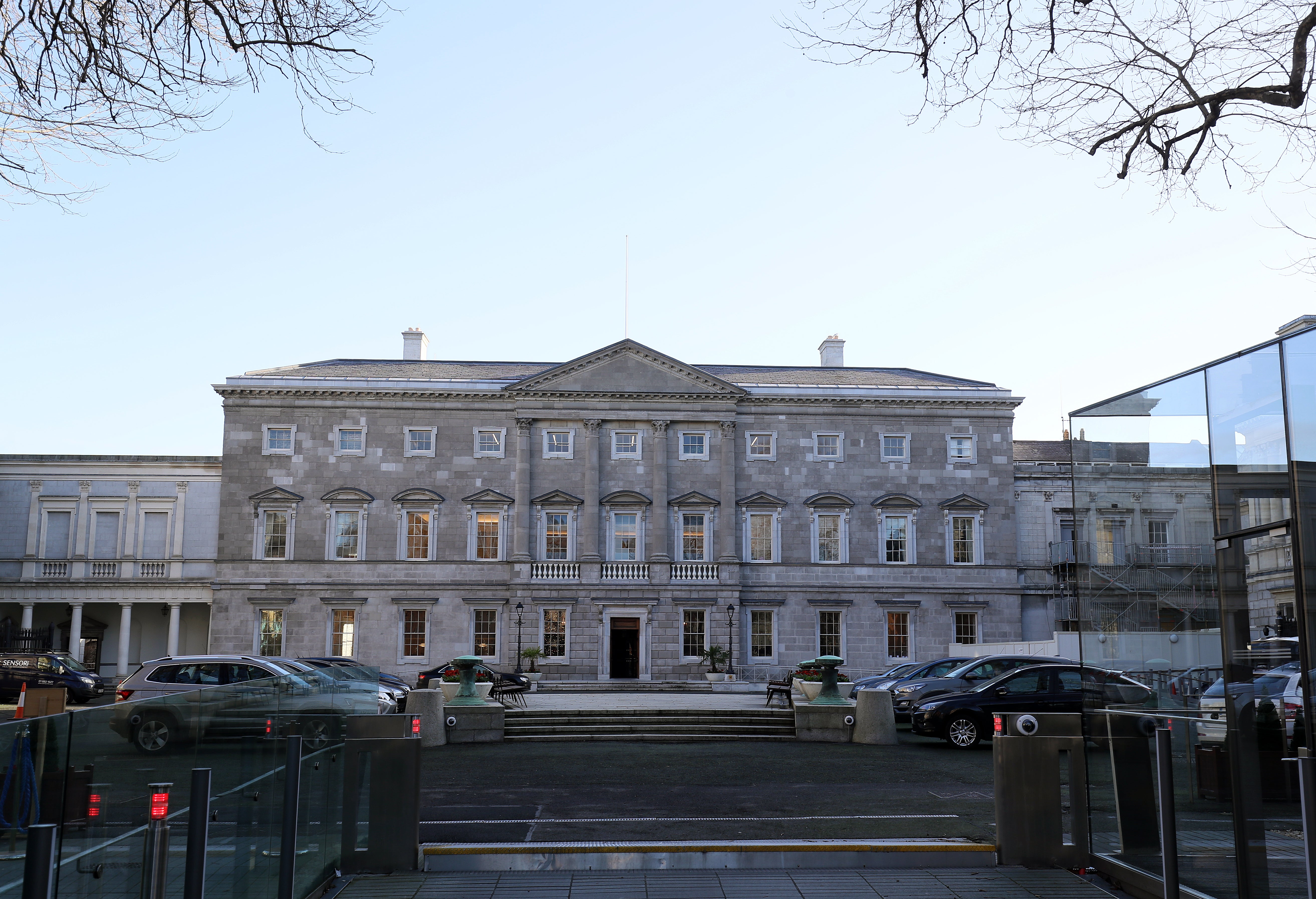‘Stereotyping and resistance to change’ among obstacles to gender equality
Members of the Citizens’ Assembly on Gender Equality have called for a number of changes to the constitution.

Your support helps us to tell the story
From reproductive rights to climate change to Big Tech, The Independent is on the ground when the story is developing. Whether it's investigating the financials of Elon Musk's pro-Trump PAC or producing our latest documentary, 'The A Word', which shines a light on the American women fighting for reproductive rights, we know how important it is to parse out the facts from the messaging.
At such a critical moment in US history, we need reporters on the ground. Your donation allows us to keep sending journalists to speak to both sides of the story.
The Independent is trusted by Americans across the entire political spectrum. And unlike many other quality news outlets, we choose not to lock Americans out of our reporting and analysis with paywalls. We believe quality journalism should be available to everyone, paid for by those who can afford it.
Your support makes all the difference.Stereotyping and resistance to change are among the obstacles to implementing recommendations of the Citizens’ Assembly on Gender Equality, a committee has been told.
Dr Catherine Day, chairperson of the assembly, said that other barriers include the perception that making changes to bring in gender equality would be too expensive.
Appearing before the Oireachtas committee to discuss the recommendations of its report, Dr Day said that members of the assembly want to see an immediate change.
The Oireachtas committee, which held its first public hearing on Thursday, was established to consider the 45 recommendations contained in the report.
The assembly members, who make up a representative mix of the Irish population, have called for a number of changes to the constitution.
Among those is to extend the obligation of the state to protect all types of family life, not just married families.
They also want the so-called “woman in the home” clause of the constitution to be scrapped.
Assembly members want Article 41.2 deleted and replaced with a state obligation to bring in reasonable measures to support care within the home and the wider community.
There are gender quotas for parties for national elections, but why not start where most people enter politics, which is in the local elections?
Among the recommendations is to extend gender quotas for party candidates to the Seanad and European Parliament elections.
Dr Day said there are numerous obstacles to bringing in gender equality change.
“They go from people’s lack of thinking about the issues, to stereotyping, through to more narrow resistance to certain changes,” Dr Day said.
“Let me take the example of gender quotas because it’s often a divisive issue.
“What we saw during the assembly was people’s ideas evolving. I would say at the beginning there was a certain number of people that thought this is not a good idea, it will either lead to tokenism or to problems of one kind or another.
“But what I think influenced most of those who had initial reticence to move in favour of going for gender quotas, was they realised how long it would take if we didn’t take action.
“I do think that the recommendations are building on what’s already there. There are gender quotas for parties for national elections, but why not start where most people enter politics, which is in the local elections?
“Other obstacles would be, perhaps, the perception that some of the recommendations would be expensive to implement.
“Although we didn’t have either the requirement or the capacity to do cost benefit analysis, I think that it is very significant that the citizens did vote and say that they would be prepared to pay higher taxes in order to get what they’re asking for.
“But they’re calling for structural change in certain areas.
“But I think the important message coming from the assembly is they want the change to start now.”
Fine Gael senator Regina Doherty, who was a member of the Constitutional Convention in 2013, said: “We’re all sick to the back teeth talking about it.
“And we all know some of the stuff that can be done and yet the obstacles are obvious to us, and we just don’t seem to be able to get over the wall to fix them.”